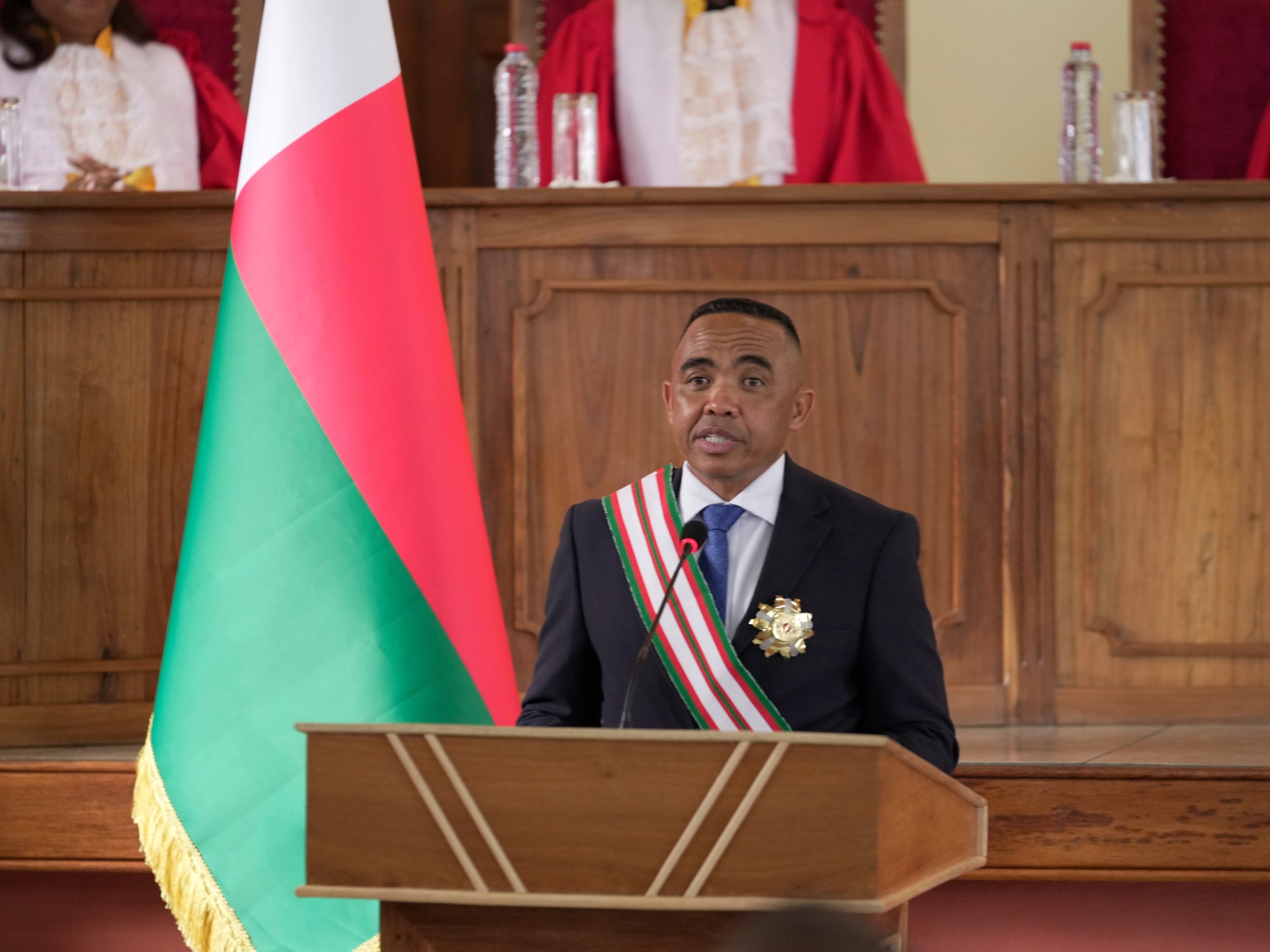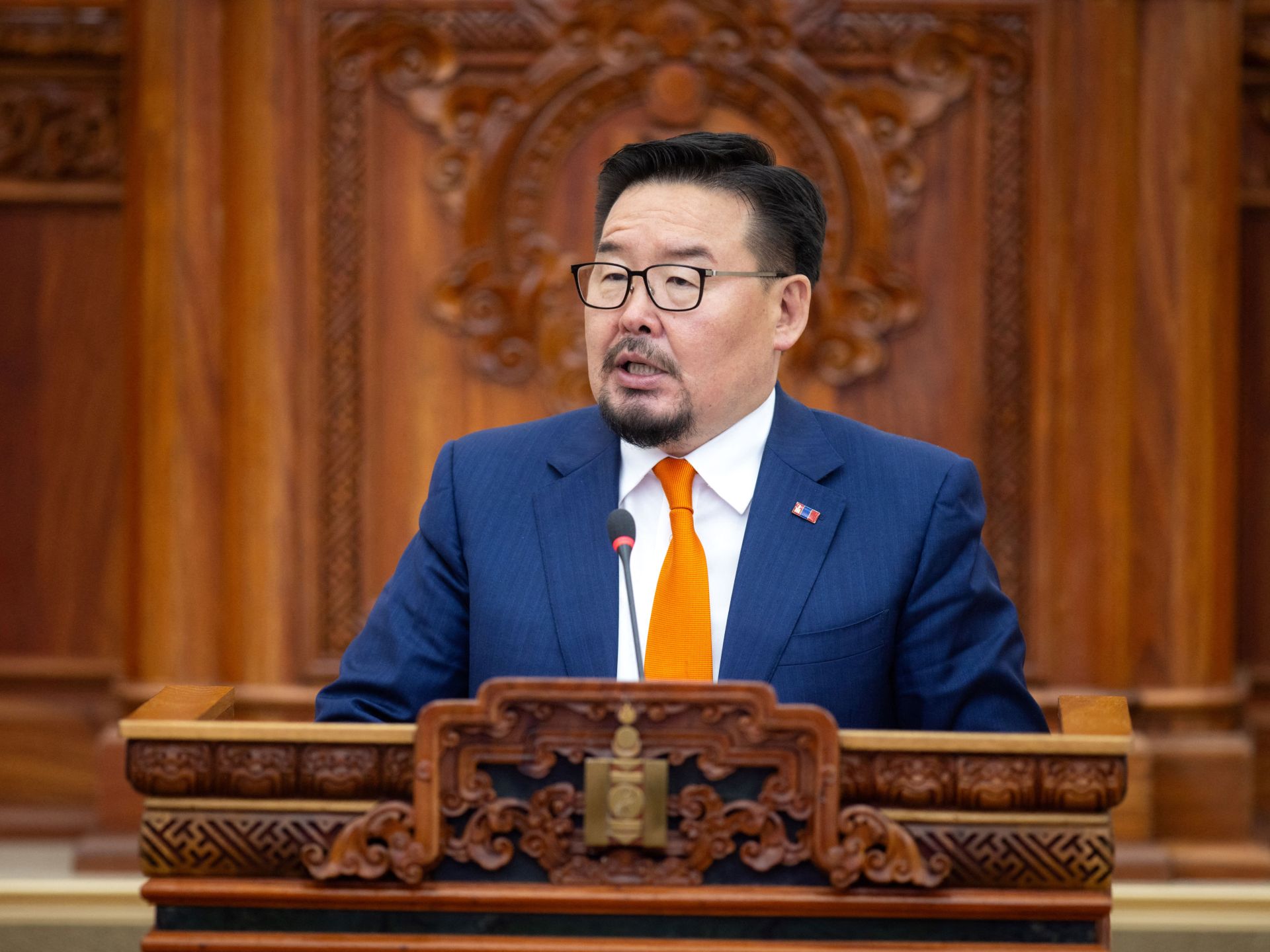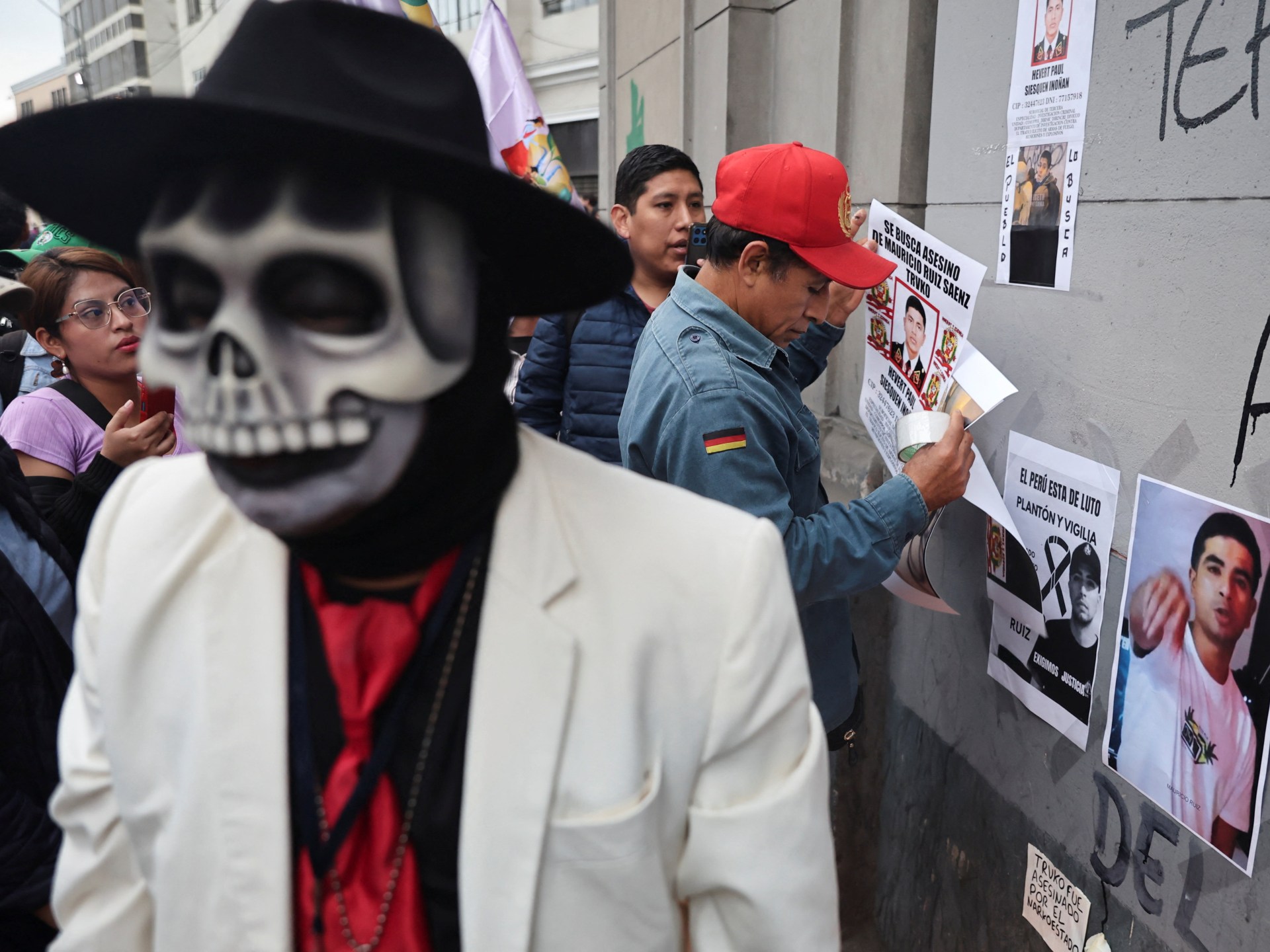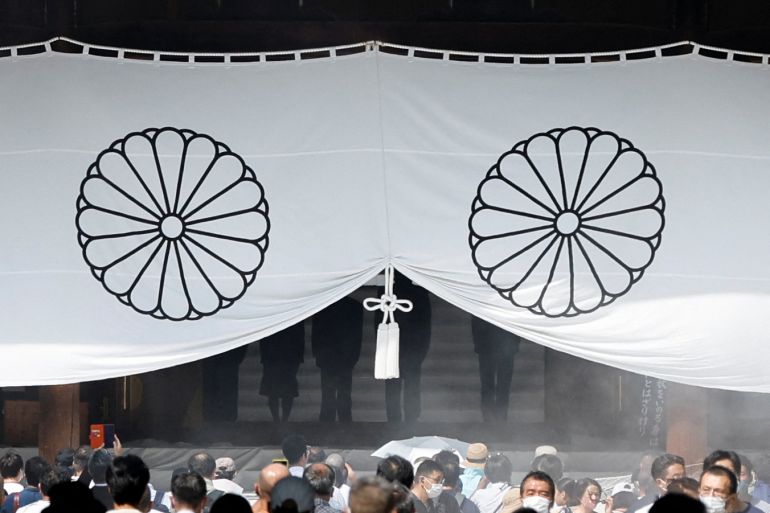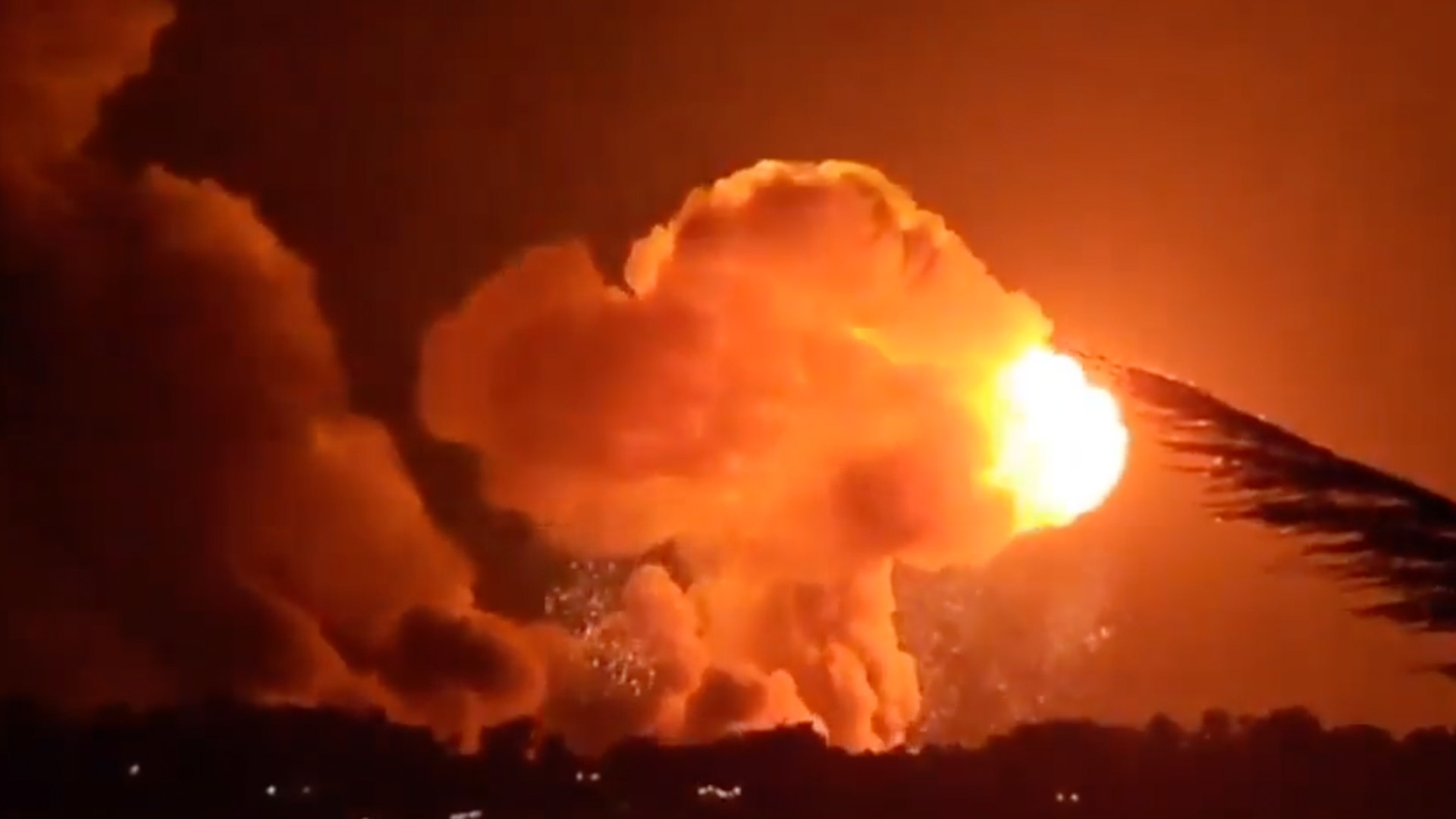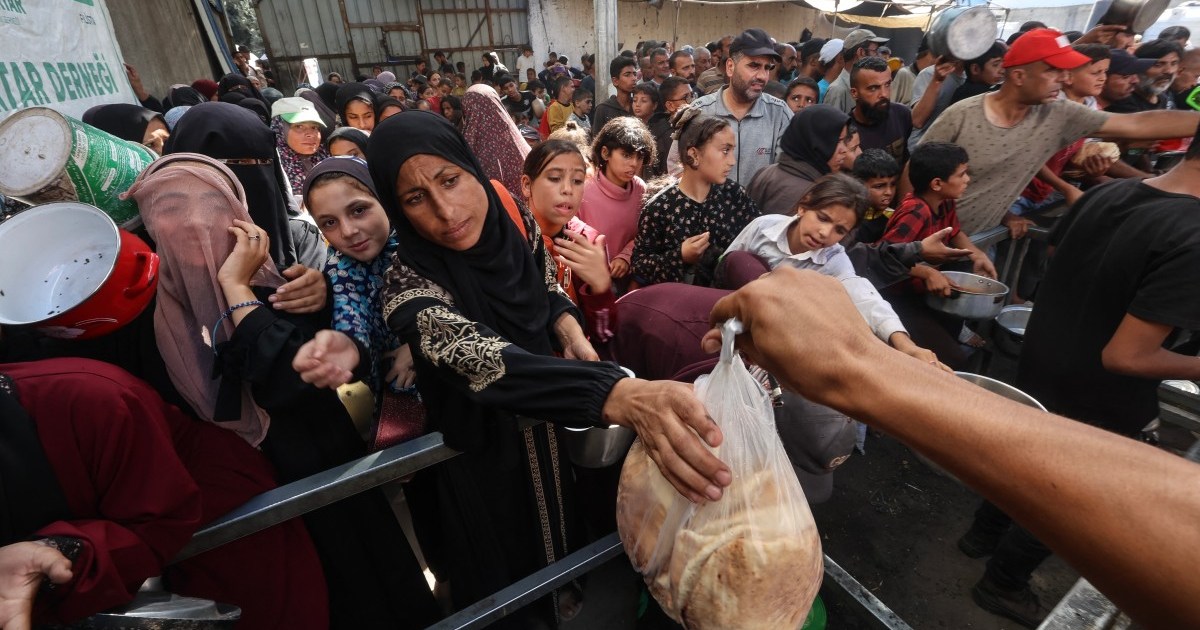Madagascar has sworn in an army colonel as president, just days after a military takeover on the back of a popular rebellion that sent President Andry Rajoelina fleeing into exile.
The African island nation’s High Constitutional Court on Friday formalised the appointment of Colonel Michael Randrianirina in a ceremony, crowning a tumultuous week in which Rajoelina was impeached for desertion of duty on Tuesday, with the military stepping in.
Recommended Stories
list of 3 itemsend of list
Mass demonstrations in recent weeks over power and water shortages turned deadly, with the United Nations reporting that at least 22 people have been killed and more than 100 others were injured.
“Today marks a historic turning point for our country. With a people in full fervour, driven by the desire for change and a deep love for their homeland, we joyfully open a new chapter in the life of our nation,” Randrianirina said on Friday.
The ceremony was attended by military officers, politicians, representatives of the Gen Z youth-led protest movement and several foreign delegations, including from the United States, the European Union, Russia and France.
“We will work hand in hand with all the driving forces of the nation to draft a fine constitution … and to agree on new electoral laws for the organisation of elections and referendums,” Randrianirina said, thanking the youth for spearheading the protests that ousted Rajoelina.
“We are committed to breaking with the past,” Randrianirina said. “Our main mission is to thoroughly reform the country’s administrative, socioeconomic and political systems of governance,” he added.
Randrianirina said earlier that the military had taken power and dissolved all institutions except the lower house of parliament, or National Assembly.
Al Jazeera’s Fahmida Miller, reporting from capital Antananarivo, said that Randrianirina had carefully picked his attire: a civilian suit rather than his military uniform, and the location for the ceremony.
“I think what is important to him to bring across is an impression that there are constitutional guidelines around the swearing-in ceremony and going forward, the formation of a new government.”
The 51-year-old commander of the CAPSAT unit has pledged elections in 18 to 24 months and told local media that consultations were under way to appoint a consensus prime minister.
Amid international criticism, including from the United Nations, Randrianirina denied he had initiated a coup, pointing to the constitutional court’s backing of his new role.
Rajoelina’s camp has condemned the constitutional court’s support of the CAPSAT commander as riddled with procedural illegalities that risked destabilising the former French colony.
It has insisted that Rajoelina remain the leader and was working to find solutions to the problems dogging the impoverished island, which prompted the youth-led protest movement on September 25.
Government forces were accused of a harsh crackdown on the protesters, with many reported dead or wounded, until CAPSAT announced on October 11 that it would refuse orders to shoot at them.
The statement was a turning point in the uprising, with the unit hailed by the protest movement, which is now expecting a role in the new set-up.
Rajoelina’s office confirmed in a statement late Wednesday that he fled the country the same weekend CAPSAT stood behind the protesters, saying he feared for his life. He did not reveal his whereabouts.
Media reports said the 51-year-old was evacuated on Sunday on board a French military plane that took him to the French island of Reunion, from where he travelled to Dubai.
Madagascar is the latest of several former French colonies to have fallen under military control since 2020, after coups in Mali, Burkina Faso, Niger, Gabon, and Guinea.
It is the third military transition in Madagascar since independence from France in 1960, following coups in 1972 and in 2009.
The country is one of the poorest in the world, despite an abundance of natural resources and a rich biodiversity.
About 80 percent of its roughly 32 million people live in poverty, according to the World Bank’s benchmark.
Rajoelina’s escape is the third time a Malagasy head of state has left the country after being ousted. Didier Ratsiraka fled to France in 2002 after post-electoral violence, and Marc Ravalomanana went to South Africa in 2009.
The African Union and regional SADC bloc said they would send fact-finding missions to the island and called for constitutional democracy to be upheld.
“The transition is now under way. We call for the full involvement of civilians in the ongoing process,” French Foreign Minister Jean-Noel Barrot said on Thursday.
